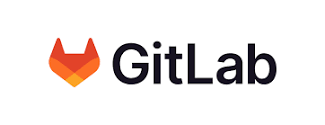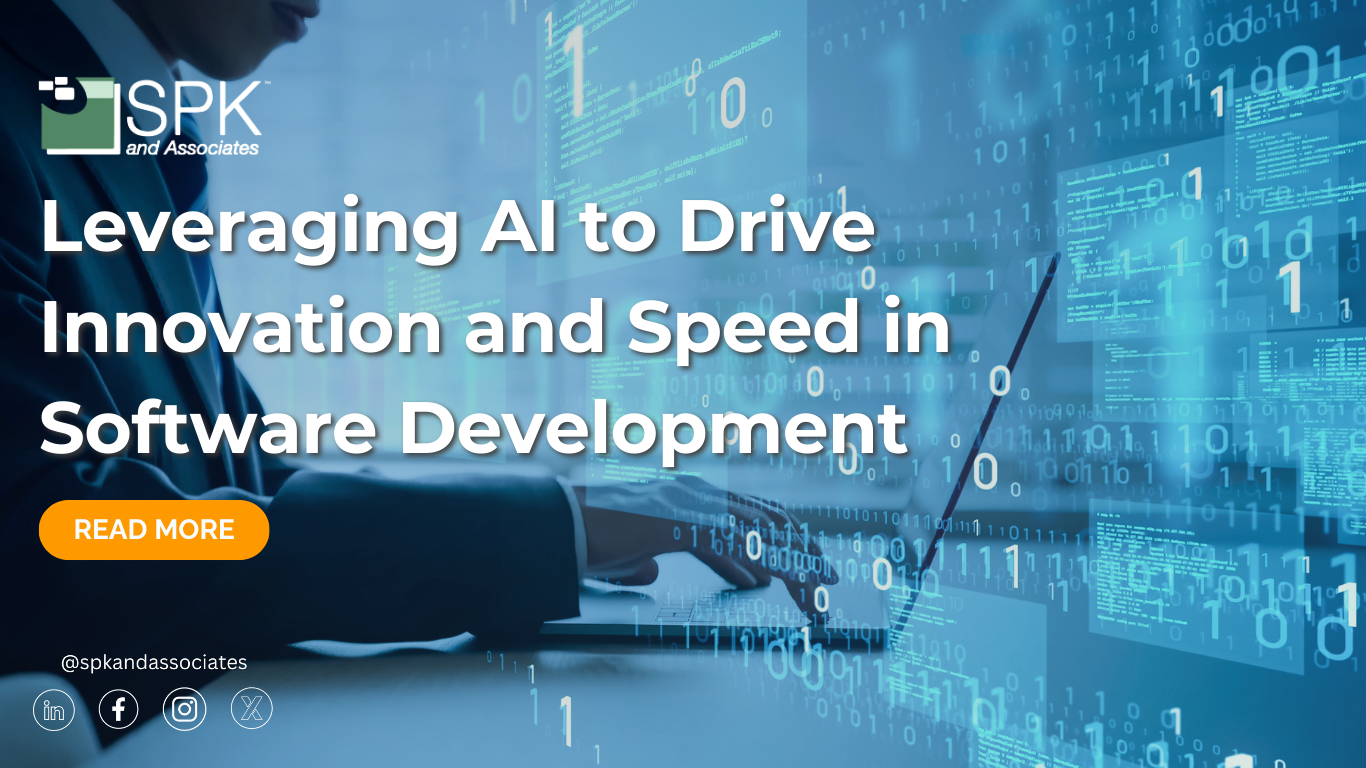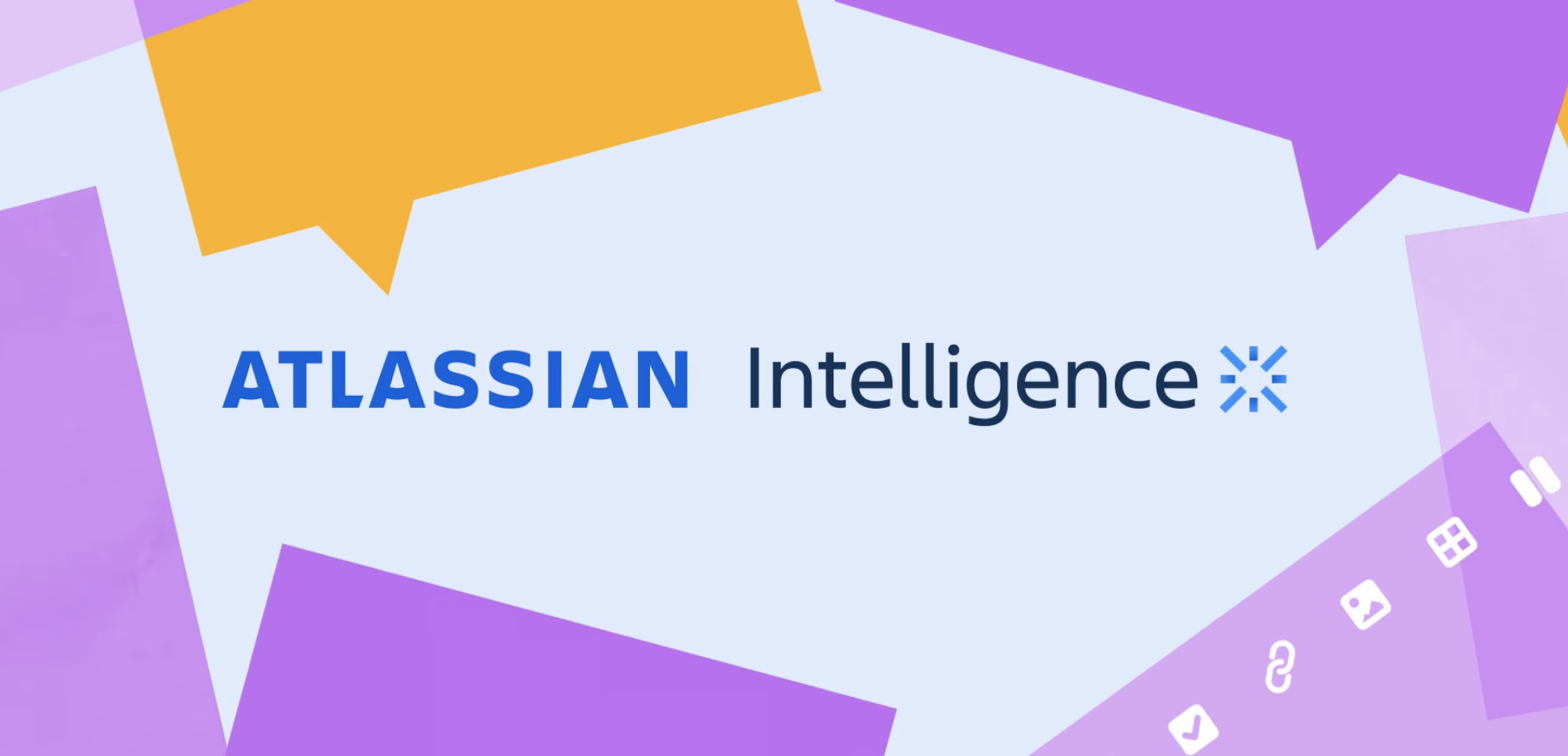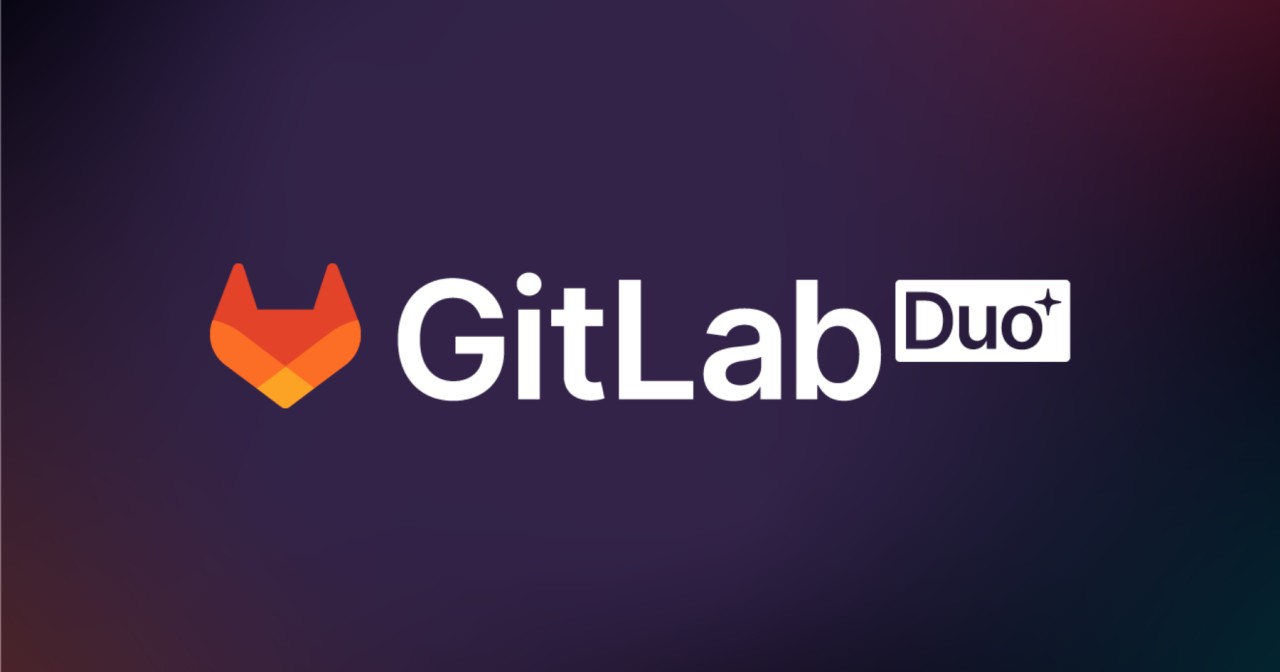Artificial Intelligence (AI) is making its way into nearly every industry, revolutionizing how people work. The software development sphere is no exception. AI is empowering developers to focus on creativity and innovation by eliminating repetitive tasks with automation. Tools like Atlassian Intelligence and GitLab Duo are leading the charge, helping organizations accelerate time-to-market. Furthermore, AI is enhancing the quality and reliability of applications by streamlining workflows. Its integration into software development is not just a trend, but a force that is reshaping the way we build, test, and deploy software.
The Benefits of AI in Software Development
There are many benefits of AI’s integration into software development. Let’s explore all the ways AI can aid developers.
Automating Repetitive Tasks
AI-powered tools simplify mundane tasks, such as generating boilerplate code or providing real-time debugging suggestions. By doing so, these tools free up time for developers to focus on more strategic, high-value work. A larger focus on “deep work” helps accelerate the development process. For example, AI-assisted code suggestions can help developers write cleaner, more efficient code faster, significantly enhancing productivity.
Streamlining Workflows
AI optimizes workflows by managing task prioritization and automating routine operations. Tools like Atlassian Intelligence integrate seamlessly with platforms like Jira and Confluence. With this integration, the tool automates project management and simplifies collaboration. By reducing inefficiencies, AI ensures that projects progress smoothly and on schedule.

Enhancing Code Quality and Reducing Errors
AI-driven code reviews and debugging tools enhance code quality by detecting and correcting errors in real time. Automated testing powered by AI, such as with GitLab’s CI/CD pipelines, identifies bugs early in the development cycle. This early identification reduces the risk of costly fixes later, ensuring a more reliable product.
Optimizing Resource Allocation
AI’s predictive capabilities enable organizations to manage resources more effectively. It ensures that development efforts are not under-resourced or over-budgeted. By analyzing historical data and real-time metrics, AI helps teams minimize waste and maximize ROI.
Delivering a Better User Experience
AI enables faster iteration cycles, allowing teams to respond to customer feedback as soon as possible. For example, Atlassian Intelligence can summarize Jira issues or Confluence pages and analyze patterns to guide decision-making. It ensures user needs are met with agility and precision, resulting in higher customer satisfaction and a competitive edge in the market.


AI’s Impact Across the Development Lifecycle
AI’s potential in software development extends beyond task automation and workflow optimization. For example, machine learning can be utilized to predict analytics while natural language processing can improve communication. Additionally, AI-driven monitoring can alert users in real time. All of these ways AI can be used helps organizations continuously improve their development processes. Furthermore, AI is always iterating and future trends, such as AI-assisted performance optimization, promise to unlock even greater efficiency and innovation.
Atlassian Intelligence
A great example of AI in action is Atlassian’s tool, Atlassian Intelligence. Their AI integrates advanced capabilities into popular tools like Jira and Confluence, automating tasks such as summarizing issues, defining terms, and generating content. It helps teams save time and focus on higher-impact activities.
GitLab Duo
Another great example is GitLab’s use of AI in GitLab Duo. It combines AI with the software development lifecycle to automate testing, provide intelligent debugging, and enhance collaboration. By leveraging AI for anomaly detection, root cause analysis, and resource optimization, GitLab Duo ensures that development teams deliver high-quality software faster and more efficiently. For instance, its code suggestions and automated reviews speed up workflows and maintain superior code standards.
Best Practices for Implementing AI in Software Development
Implementing AI in software development may not be as simple as it seems, but it does not have to be difficult. Here are our suggestions for AI success:
- Start Small and Iterate
Focus on specific tasks where AI can add the most value, such as automated testing or code reviews, before expanding its use. - Build Trust Between Users and AI
Educate your teams on AI’s capabilities and establish clear policies for AI use. Start by integrating tools like Atlassian Intelligence and GitLab Duo into existing workflows to demonstrate the tangible benefits of AI.
3. Continuously Measure Success
Use a combination of qualitative and quantitative metrics to assess the impact of AI tools, identifying areas for improvement and scaling successful implementations across the organization.
4. Ensure Human Oversight
While AI can handle some tasks autonomously, ensure critical decisions always involve human approval to maintain accountability and trust.
The Future of AI in Software Development
AI is transforming software development with tools like Atlassian Intelligence and GitLab Duo. These tools showcase how AI can seamlessly integrate into existing workflows, empowering teams to focus on innovation. As organizations continue to adopt AI-driven tools, the development lifecycle will become increasingly streamlined. If you are ready to enable faster, more reliable, and higher-quality software delivery with AI, contact our experts. We can help you explore multiple AI-driven solutions to find which one will help you achieve your unique development goals.










